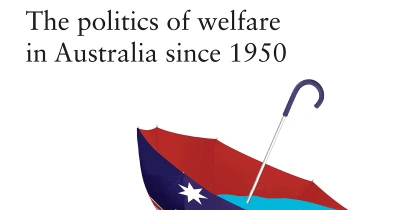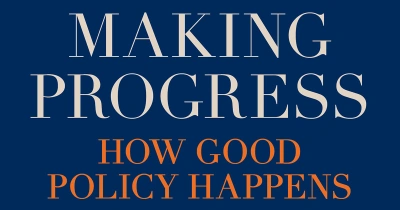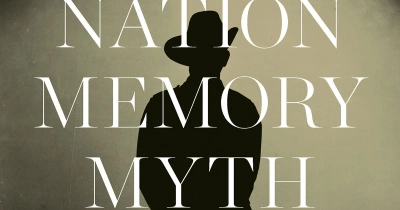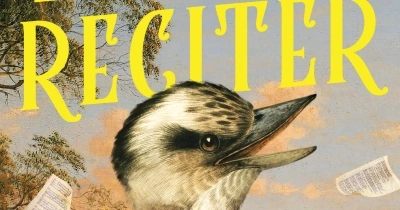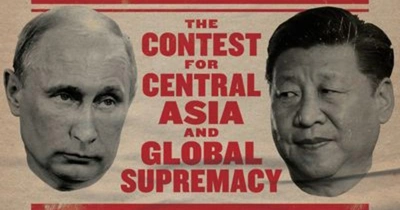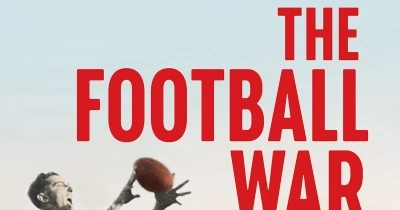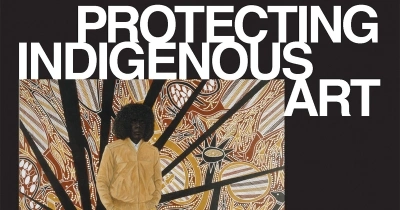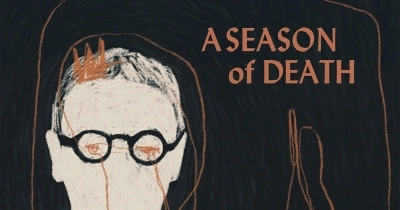Melbourne University Press
An Unlikely Survival: The politics of welfare in Australia since 1950 by John Murphy
by Benjamin Huf •
Making Progress: How good policy happens by Jenny Macklin with Joel Deane
by Emma Dawson •
Nation, Memory, Myth: Gallipoli and the Australian imaginary by Steve Vizard
by Marilyn Lake •
The Wild Reciter: Poetry and popular culture in Australia 1890 to the present by Peter Kirkpatrick
by Chris Lee •
Essays That Changed Australia: Meanjin 1940 to today edited by Esther Anatolitis
by Wilfrid Prest •
The Menzies Ascendency: Fortune, stability, progress 1954-1961 edited by Zachary Gorman
by James Walter •
Great Game On: The contest for central Asia and global supremacy by Geoff Raby
by Nick Hordern •
The Football War: The VFA and VFL’s battle for supremacy by Xavier Fowler
by Michael Roberts •
Protecting Indigenous Art: From T-shirts to the flag by Colin Golvan
by Gabriella Coslovich •


